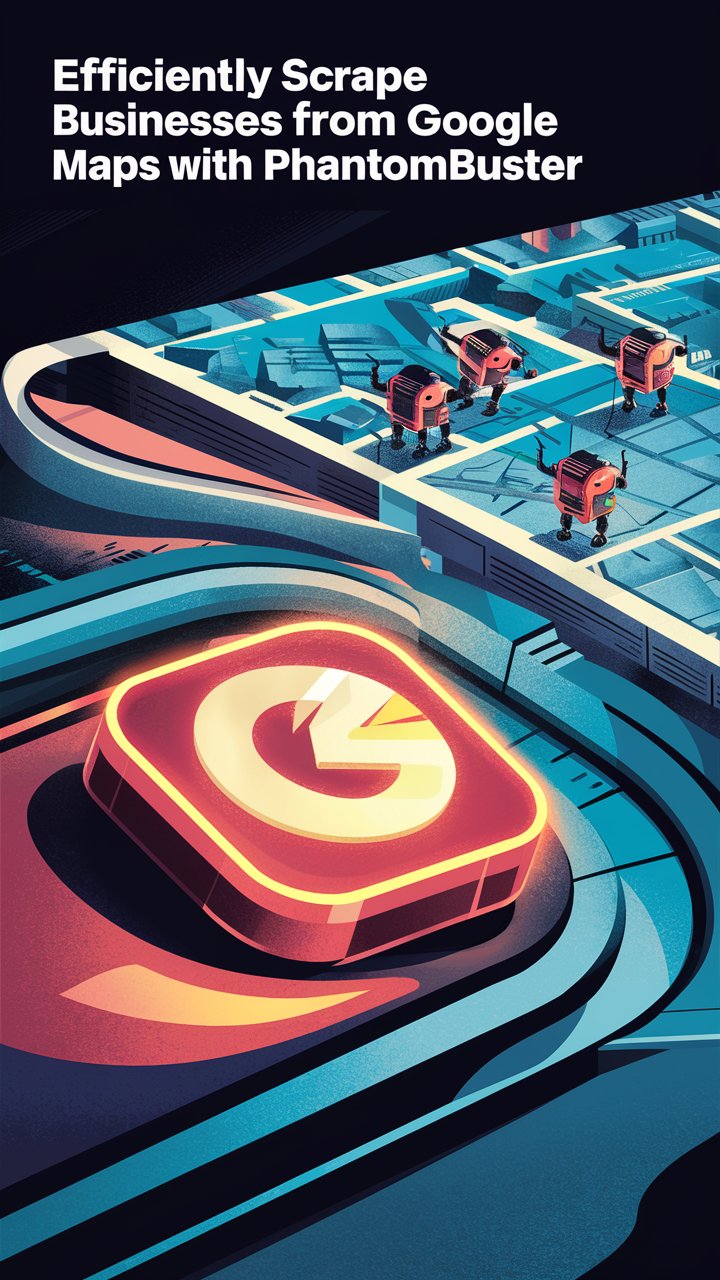The 8 Best Automation in Marketing Software Tools in 2024
In today’s fast-paced digital world, marketing automation is a game-changer for businesses looking to streamline their marketing efforts and boost productivity. This technology automates repetitive tasks and campaigns, enabling marketers to focus on crafting personalized, effective strategies. By incorporating marketing automation tools like Get Response, Customer.io, HubSpot, Adobe Experience Cloud, MailChimp, Hootsuite, and ContentStudio, companies can achieve more leads, conversions, and sales with less work. The benefits are extensive, from cross-departmental collaboration and cost savings to improved budget allocation and precise audience targeting. This article explores the eight best marketing automation software tools for 2024, highlighting how they can help businesses enhance team collaboration, understand customers better, and maximize ROI.
1. Get Response
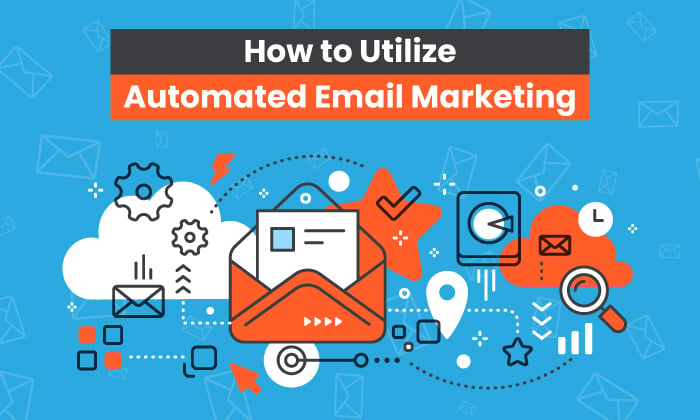
Credits: neilpatel.com
Get Response is a powerful tool for automated email campaigns. It allows you to create personalized email sequences that can nurture leads and engage customers. With features such as drag-and-drop email design and advanced segmentation, crafting impactful emails becomes straightforward. For instance, you can set up a welcome email series that introduces new subscribers to your brand and gradually offers more value over time.
Webinar marketing is another standout feature of Get Response. This tool enables you to host live webinars and automate follow-up emails to attendees. It’s a great way to engage with your audience in real-time, answer their questions, and showcase your expertise. Plus, the integration with other marketing tools ensures that your webinar campaigns are part of a cohesive marketing strategy.
The landing page builder in Get Response is designed to help you create high-converting landing pages without needing any coding skills. You can choose from a variety of templates and customize them to match your brand. Features like A/B testing allow you to optimize your landing pages by comparing different versions to see which one performs better. This ensures you’re always using the most effective page to capture leads and drive conversions.
- Automated Email Campaigns
- Webinar Marketing
- Landing Page Builder
- Autoresponders
- Advanced List Segmentation
- A/B Testing
- Email Analytics
2. Customer.io
Customer.io excels in creating Behavioral Email Campaigns, allowing businesses to send highly targeted messages based on user actions. For instance, if a user abandons their cart, an automated email can trigger to remind them to complete their purchase. This level of personalization can significantly increase conversion rates.
One of the standout features of Customer.io is its User Segmentation capabilities. It allows marketers to categorize users based on various criteria like behavior, demographics, or past interactions. This means you can tailor your marketing efforts to different segments, enhancing the relevance of your communications.
Workflow Automation is another area where Customer.io shines. With its intuitive drag-and-drop interface, you can create complex workflows that automate various tasks. For example, you could set up a workflow to send a welcome email, followed by a series of onboarding messages, and then track user engagement to further personalize future interactions.
3. HubSpot
HubSpot is a popular choice for marketing automation, offering robust lead nurturing features. With HubSpot, businesses can create personalized workflows that engage potential customers throughout their journey, using email campaigns, content offerings, and tailored messaging. This capability ensures leads are effectively guided down the sales funnel, increasing the likelihood of conversions.
A significant advantage of HubSpot is its seamless CRM integration. This allows marketing and sales teams to collaborate efficiently, as all customer interactions and data are consolidated in one platform. HubSpot’s CRM system automatically captures contact information from form submissions and tracks website activity, providing valuable insights that help tailor marketing efforts and improve customer relationships.
HubSpot also excels in social media management, making it easier to maintain a consistent online presence. Users can schedule and publish posts across various social media platforms, monitor engagement, and analyze performance metrics, all within the HubSpot dashboard. This integrated approach simplifies social media marketing, helping businesses reach and interact with their audience more effectively.
4. Adobe Experience Cloud
:max_bytes(150000):strip_icc()/data-analytics-4198207-1-ad97301587ac43698a095690bc58c4c1.jpg)
Credits: investopedia.com
Adobe Experience Cloud stands out in the realm of marketing automation with its robust data analytics capabilities. It provides deep insights into customer behavior, helping marketers make data-driven decisions. For example, it can track how customers interact with various touchpoints, allowing businesses to refine their strategies based on detailed analytics.
Customer journey mapping is another crucial feature of Adobe Experience Cloud. This tool helps visualize the entire customer experience from awareness to purchase and beyond. By understanding each phase of the journey, marketers can tailor their efforts to meet customer needs at every stage, enhancing overall satisfaction and loyalty.
Content personalization is a strong suit of Adobe Experience Cloud. It uses advanced algorithms to deliver personalized content to users based on their previous interactions and preferences. For instance, an e-commerce site could recommend products to a customer based on their browsing history, increasing the likelihood of a purchase. This level of customization can significantly boost engagement and conversion rates.
5. MailChimp
MailChimp is a powerful tool for email marketing, offering a wide range of features to create, send, and analyze email campaigns. It provides user-friendly templates and a drag-and-drop editor, making it easy for marketers of all levels to design beautiful emails. With automation features, MailChimp can send personalized emails to segments of your audience, ensuring the right message reaches the right people at the right time.
Audience Management is another key feature of MailChimp. The platform allows you to organize your contacts into specific groups, making it easier to target your messaging. Using tags and segments, you can create highly tailored campaigns based on your audience’s behavior and preferences. MailChimp also offers integration with CRM systems, giving you a more comprehensive view of your audience and enhancing your marketing strategy.
Campaign Analytics in MailChimp provides valuable insights into the performance of your marketing efforts. You can track metrics such as open rates, click-through rates, and conversion rates to understand how your audience is engaging with your content. Detailed reports and analytics help you measure the success of your campaigns and make data-driven decisions to improve future marketing efforts. For instance, MailChimp’s A/B testing feature allows you to test different campaign elements to see which performs better, helping you optimize your email marketing strategy.
6. Hootsuite
Hootsuite excels in social media scheduling, making it easier for marketers to plan and publish content across various platforms. With Hootsuite, users can create posts in advance and set them to be posted at optimal times. This ensures a consistent online presence without the need for constant manual posting.
Monitoring and engagement are crucial elements of Hootsuite. The tool provides a unified dashboard where marketers can track mentions, comments, and messages. This makes it easier to respond quickly and engage with the audience. Additionally, Hootsuite allows for assigning tasks to team members, ensuring that no interaction goes unnoticed.
Analytics and reporting are strong points of Hootsuite. The platform offers detailed insights into post performance, follower growth, and engagement metrics. Customizable reports can be generated to provide a clear view of how social media efforts are impacting overall marketing goals. These insights help in making data-driven decisions to improve future campaigns.
7. ContentStudio

Credits: en.wikipedia.org
ContentStudio stands out as a top-tier tool for content curation. It allows marketers to easily discover, curate, and share engaging content across various platforms. With its intelligent algorithms, users can find trending topics tailored to their audience, saving time and enhancing relevancy.
The multi-channel publishing feature is a game-changer. Marketers can schedule and publish content simultaneously across different social media platforms, blogs, and websites from a single dashboard. This not only ensures consistent messaging but also maximizes reach. For instance, you can draft a post in ContentStudio and schedule it to go live on your blog, Facebook page, and LinkedIn profile at the same time.
Collaboration tools within ContentStudio bolster teamwork and project management. Teams can work together seamlessly, using shared content calendars, task assignments, and real-time feedback. This ensures that everyone is on the same page and can contribute effectively to the content strategy. Additionally, with the ability to assign roles and permissions, ContentStudio helps maintain control and integrity over marketing projects.
8. ActiveCampaign
ActiveCampaign stands out in the world of marketing automation with its powerful email marketing automation capabilities. Through this tool, businesses can craft personalised email campaigns that automatically adjust based on user behaviour. For example, if a customer clicks on a specific product link, ActiveCampaign can send follow-up emails tailored to their interests, increasing the chances of conversion.
Sales automation is another key feature of ActiveCampaign. This aspect allows sales teams to automate repetitive tasks such as follow-up emails, lead scoring, and CRM updates. By automating these processes, sales teams can focus more on closing deals and building relationships with potential customers. For instance, once a lead reaches a specific score, ActiveCampaign can assign the lead to a sales representative, ensuring timely and efficient follow-up.
Customer experience automation is where ActiveCampaign truly excels. Businesses can create comprehensive customer journeys that automatically adjust based on customer interactions and preferences. This ensures a more personalised experience for each customer. ActiveCampaign helps in segmenting audiences, creating targeted campaigns, and delivering relevant messages. For example, a customer who has just made a purchase can be automatically entered into a workflow that sends them thank you emails, upsell offers, or satisfaction surveys.
| Feature | Description |
|---|---|
| Email Marketing Automation | Automated workflows and email sequences. |
| Sales Automation | Streamlines the sales process with lead scoring and CRM integrations. |
| Customer Experience Automation | Enhances customer interactions with personalized campaigns. |
Frequently Asked Questions
1. How can automation in marketing improve my business?
Automation in marketing helps by saving time, boosting efficiency, and personalizing customer interactions. It allows you to focus on strategy while the software handles repetitive tasks.
2. Can marketing automation tools integrate with other software I use?
Yes, most marketing automation tools can integrate with CRM systems, email marketing services, social media platforms, and other software to streamline your marketing efforts.
3. What are some key features to look for in marketing automation software?
Look for features like email automation, customer segmentation, analytics and reporting, lead scoring, and multi-channel marketing capabilities.
4. Is marketing automation suitable for small businesses?
Absolutely! Marketing automation can be scaled to fit businesses of all sizes. It helps small businesses save time and engage with customers more effectively.
5. Can I personalize my marketing campaigns with automation tools?
Yes, automation tools allow you to personalize messages based on customer data and behavior, creating more relevant and engaging marketing campaigns.
TL;DR string: Get Response excels in Automated Email Campaigns, Webinar Marketing, and Landing Page Builder. Customer.io is known for Behavioral Email Campaigns and User Segmentation. HubSpot offers robust Workflow Automation, Lead Nurturing, and CRM Integration. Adobe Experience Cloud focuses on Social Media Management and Data Analytics. MailChimp leads in Customer Journey Mapping and Content Personalization. Hootsuite provides Social Media Scheduling, Monitoring, and Engagement. ContentStudio specializes in Analytics and Reporting, Content Curation, and Multi-channel Publishing. ActiveCampaign is strong in Collaboration Tools, Email Marketing Automation, Sales Automation, and Customer Experience Automation.

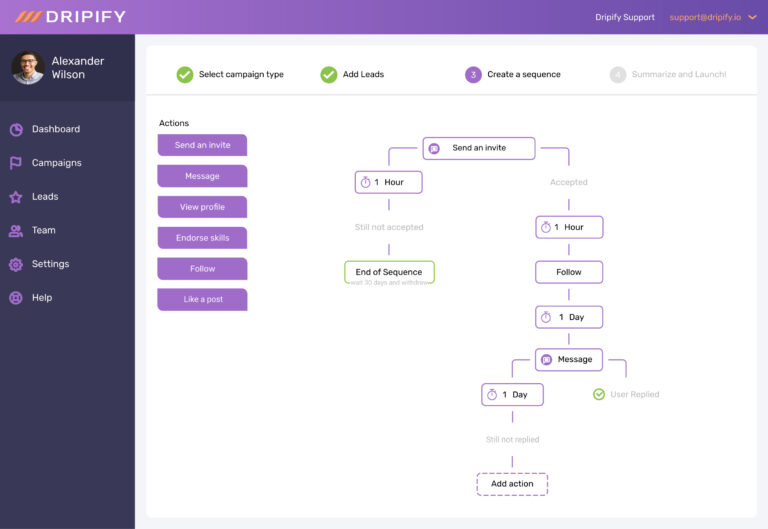
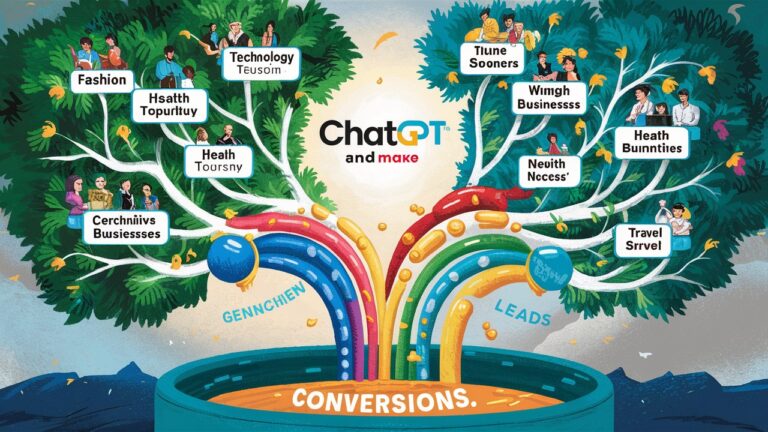
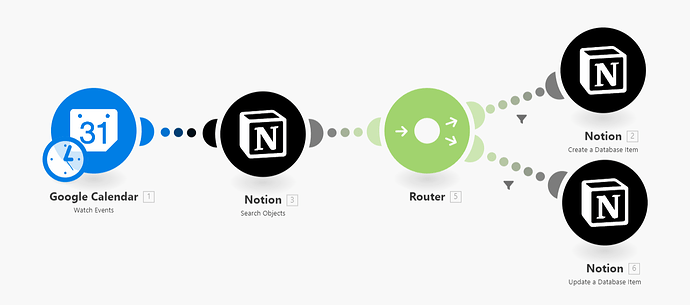
![[Tutorial] WhatsApp Automations with Make: Step-by-Step Guide](https://robustcommerce.com/wp-content/uploads/2024/07/xa-step-by-step-tutorial-guide-on-whatsapp-automati-WoLWaetpTd6r-fGDdOH7dA-NW14WLEDR-q6wN3Q3ZKCg-768x432.jpeg.pagespeed.ic.FoAIqdP1rL.jpg)
